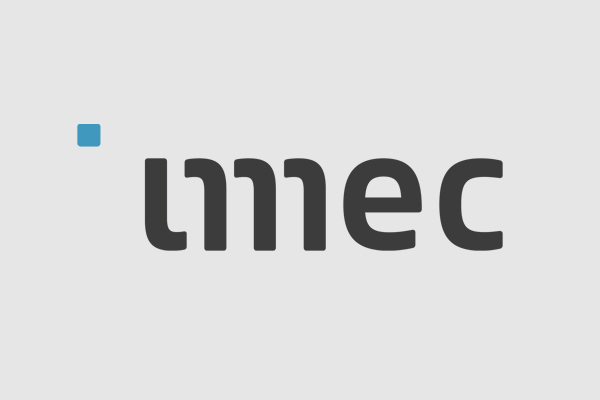- The partnership aims to develop a commercial software solution.
- The software solution will allow for an easy design and accurate prediction of the energy yield of state-of-the-art photovoltaic (PV) power plants.
- The first blind tests of the prototype software already show best-in-class results for bifacial PV plants and the go-to-market is targeted for the first half of 2020.
Belgium — At the European Photovoltaic Solar Energy Conference (EU PVSEC) in Marseille (France), Imec, a world-leading research and innovation hub in nanoelectronics, energy and digital technologies and EnergyVille, together with PVcase, a Lithuanian software company disrupting the way solar parks are engineered globally, present their partnership to develop a commercial software solution that allows to easily design and accurately predict the energy yield of state-of-the-art photovoltaic (PV) power plants.
The first blind tests of the prototype software already show best-in-class results for bifacial PV plants and the go-to-market is targeted for the first half of 2020.
Solar energy is booming and market studies indicate a continuous growth of utility-scale PV power plants for the coming years. In the development of these PV power plants, bifacial and sun-tracking systems are becoming increasingly popular.
Bifacial systems also generate electricity from sunlight reflecting on the backside of the solar panels, resulting in increased production and lower Levelized cost of electricity (LCOE).
Their market share is predicted to grow to 40% of all installations in the next decade. While sun-tracking systems promise LCOE reductions as well, the combination of both technologies have the potential of reaching record low energy-cost levels.
For investors and EPC (engineering, procurement, and construction) companies developing PV power plants, the ability to predict the energy yield (and thereby the return on investment) of their plants in the design phase is crucial. Current available software tools have limited modeling capabilities for bifacial and sun-tracking systems, resulting in time-consuming design iterations and limited accuracy for these new technologies.
“We are excited about the collaboration with imec. As a leading research institute they give us the guarantee of qualitative technological input and a solid reputation towards future developments,” said David Trainavicius, CEO of PVcase. “This software will give us a tool to increase our momentum in becoming a leading player in design and engineering software for PV power plants. It will allow us to better serve our existing customers and broaden towards a new client base.”
The simulation software engine developed by imec relies on a bottom-up physics-based methodology combined with calculation-efficient ray-tracing algorithms, resulting in an accurate and computation efficient software tool.
By combining imec’s simulation methodology with the know-how of PVcase in PV site planning and software development, a commercially available solution will be born, offering a streamlined workflow to design PV power plants including accurate energy yield at acceptable costs.
A simulation using the new tool starts from the PV technology parameters (e.g. cell and module specs) and takes into account contextual factors such as climate data (light, wind, weather…), anticipated plant layout and geometry, surrounding obstacles etc.
The prototype software already outperformed the competition in a blind test by a potential launching customer. At this moment PVcase has transferred imec’s computation core in a user-friendly, web-based environment, which enables the use of cloud computing. This gave both parties the confidence to agree on a partnership for further development and commercialization.
In the coming period, the exact valorization strategy will be outlined. Interactions with additional partners, potential investors and launching customers are already ongoing. If all goes to plan, the software should be launched in the first half of 2020.
“PVcase is an important partner for us because of their experience in commercial PV simulation software,” said Jozef Szlufcik, PV department director at imec/EnergyVille. “The recent interactions have proven that we have an ideal match to successfully develop our prototype into a market-ready solution. It’s this kind of innovations and collaborations that show that Europe still is bringing substantial added value to the globalized PV market.”














Comments